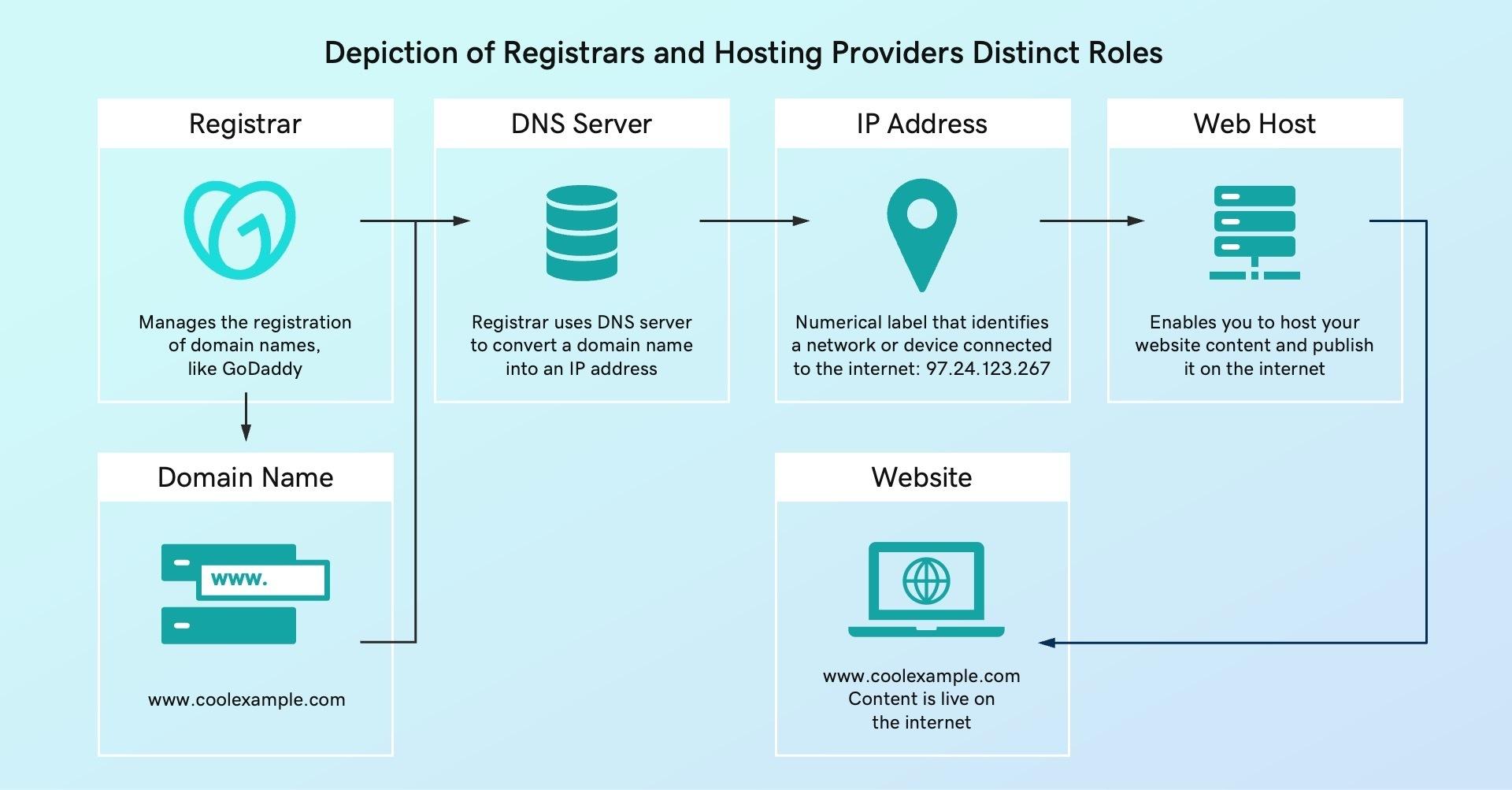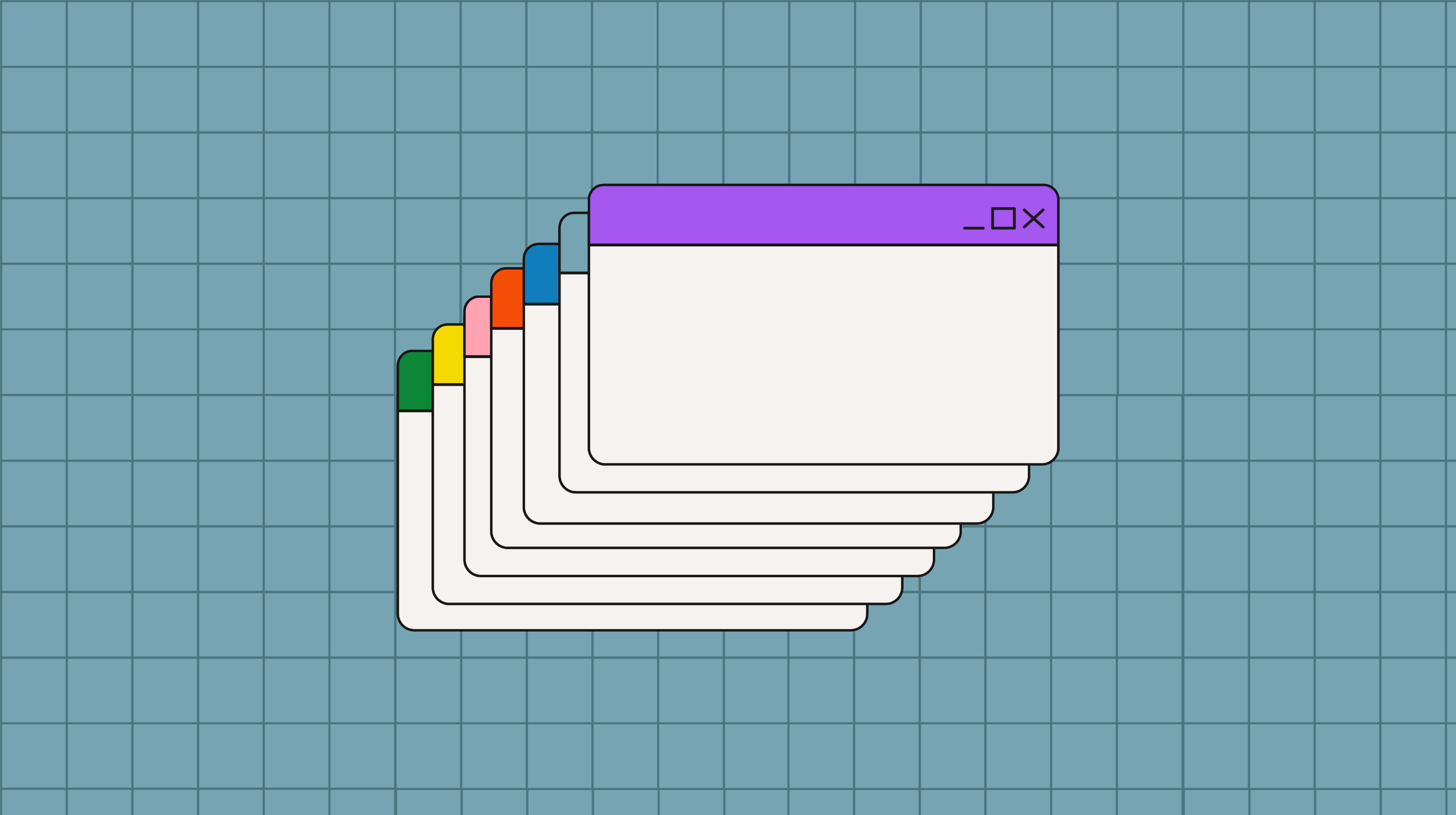The internet is constantly changing, driven by the evolving demands of a connected world, and transforming the way we communicate, conduct business and interact online.
The ability to quickly locate and reliably access web content is more important now than ever. This involves two distinct types of providers: domain registrars and web hosts. Both play essential roles in the functioning of the internet, but they are not the same.
To aid in understanding, this piece will explore these differences and particularly highlight the limitations of domain registrars in addressing abusive or harmful web content.
The differing roles of registrars and hosting providers
The Domain Name System (DNS) is a critical part of the internet. Think of it as the translator and phone book for the internet. The DNS interprets readable addresses into a unique string of numbers called an Internet Protocol (IP) address, which computers use to communicate with one another.
So, when a person registers a domain name, like “www.coolexample.com,” the DNS translates it and maps that to the equivalent IP address (192.0.2.1.).
When a person or organization seeks to establish their online presence, they start by selecting and registering a domain name via a domain registrar.
Related: What is a domain name? Domains vs URLs — Your ultimate guide
Registrars, like GoDaddy, provide domain registration services to the public, acting as real estate agents of the digital world.
And similar to how real estate agents help individuals find and secure properties, registrars assist internet users in finding a unique domain name for their online presence. Registrars facilitate the registration of domain names on behalf of their customers, which first involves verifying that the domain is available and then registering it with the appropriate domain name registry. Domain registrars may also provide additional services like website hosting, email and website building
However, the domain name itself doesn’t store any web content. It’s just an address that points to an online location where the content is hosted. So, if a domain name is registered but does not point to a website, it goes nowhere.
It is like registering and advertising a brick-and-mortar business, but when people get to the address, they find an empty lot. It’s up to the web hosting provider to develop the empty lot into something useful.
Web hosting providers are like the landlords of the internet—they operate the infrastructure necessary to store web content to make it accessible on the internet. Once registered, a domain name can then point users to its associated web content.
And like a property landlord would, hosting companies handle maintenance to make sure that their customers’ websites always remain available and accessible for website visitors. In essence, when a person purchases a web hosting plan, they are renting space on a server.

While some websites may use the same company as both their registrar and web hosting provider, this isn’t always the case. It is important to understand the intricacies of having a domain name that is managed by a registrar but its content is hosted elsewhere.
This decentralized nature of internet services fosters innovation, flexibility and competition, but it can also create challenges when it comes to addressing certain issues, like DNS abuse and illegal content.
Defining DNS abuse and online harms
DNS abuse is defined as being comprised of five broad categories of harmful activity: malware, botnets, phishing, pharming, and spam. It refers to any malicious activity aimed at disrupting the DNS infrastructure or causing it to operate in an unintended way.
Alternatively, online harms is a broader, more general definition and includes web content or activities that are harmful, illegal or controversial that could have detrimental effects on individuals, organizations and communities. Online harms can manifest in activities like cyberbullying, harassment, hate speech, misinformation, illegal or abusive content, fraud, identity theft and so on. They can encompass behaviors that are outright illegal or violate the providers’ terms of use. They pose risks to privacy, security, or rights in the online world.

When it comes to online harms, the offending content resides on a web server controlled by the web hosting provider.
This means that if a domain name is registered at one location but hosted elsewhere, the registrar lacks the authority or capability to remove or edit the content hosted on a website. Only a landlord can kick out a bad tenant.
Therefore, the first step in addressing harmful content falls under the responsibility of the hosting company where the content is stored.
Asking a registrar to address harmful content is both ineffective and fraught with collateral damage, because their only “tool” to respond is to deactivate the domain name.
For example, imagine if a large online retailer included listings for counterfeit products on their website, the domain being www.coolexample.net. The registrar could potentially only be able to deactivate the domain for the retailer, not the product listings in question that point to a specific URL on their website.
This means that the rest of the retailer’s web content, including other listings, would also go dark. Also, because the registrar only manages the domain name, there is no guarantee that the listings/content wouldn’t still be active with other web hosts. Deactivating a domain name doesn’t remove content from the web host, it just breaks the association with that specific domain name.
Working together toward a better future
As organizations and individuals increasingly focus on combating DNS abuse and online harms, it’s crucial to understand the distinct roles of domain registrars and web hosting providers. While registrars can promote best practices and policies to minimize online abuse, it foremost often falls to web hosts to promptly address any content-related concerns while ensuring compliance with all legal and ethical guidelines.
The need to address and mitigate the negative consequences and challenges that arise from the misuse of digital technologies is vital to a healthy and useful internet. All organizations that play a critical role in this great ecosystem should aim to foster a safe and responsible space for all online users.







